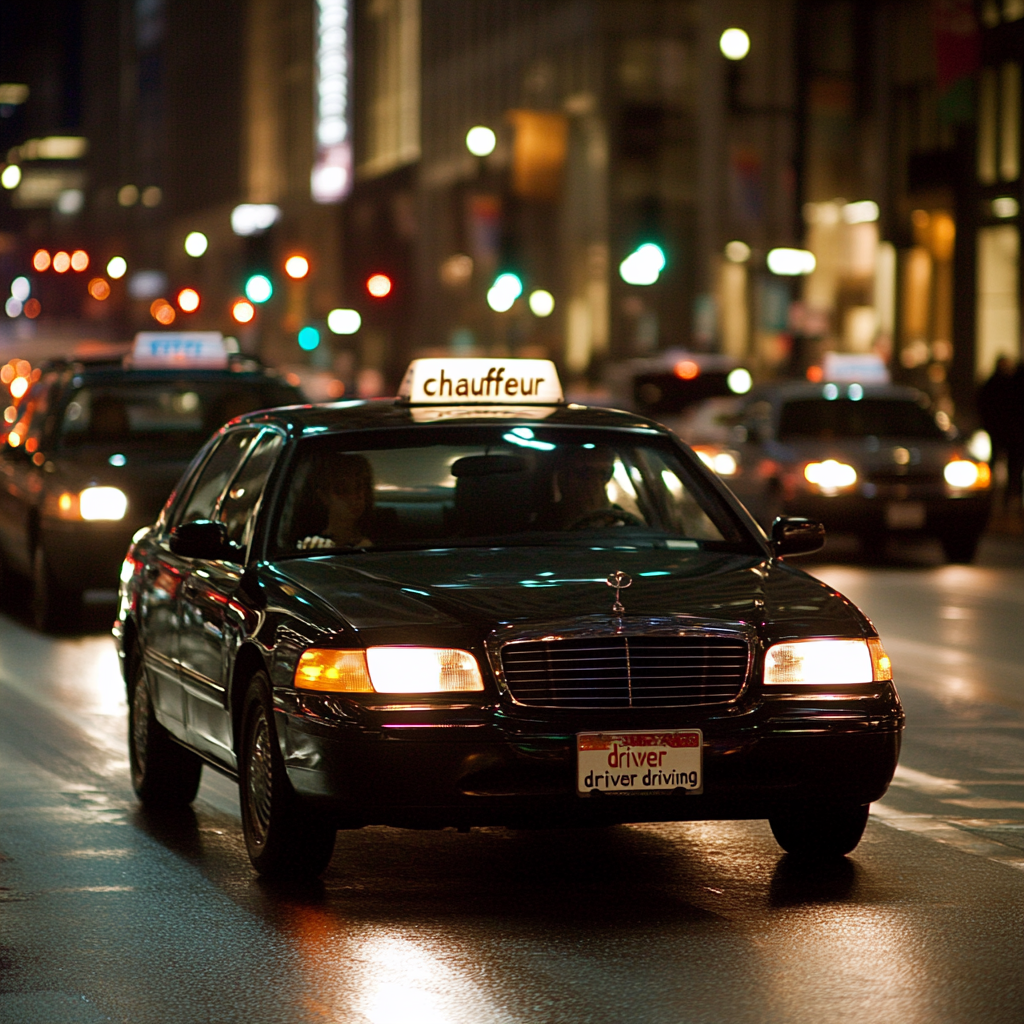The shift from the term “chauffeur” to “driver” in legal contexts represents more than just a change in terminology; it reveals a broader attempt by the State to regulate vehicle operation as a commercial activity. This transition directly impacts citizens’ fundamental right to travel freely, as upheld by the Supreme Court on numerous occasions. Below, we delve into how this shift affects your rights and why State laws often blur the lines between private travel and commercial activity.
Historical Evolution: From Chauffeur to Driver
Originally, the term “chauffeur” was used to describe those who operated vehicles for hire, typically working for businesses or wealthier individuals. These individuals were subject to licensing regulations, as their activities were explicitly commercial. However, as automobile use became widespread among the general public, States replaced “chauffeur” with “driver,” a term that applied universally to all vehicle operators, regardless of their activities.
This shift allowed States to regulate every individual using a motor vehicle under a commercial framework, even when those activities were private. By treating all vehicle operators as “drivers,” States impose commercial regulations on what should be private conduct.
Driving as a Commercial Privilege: Waiving the Right to Travel
According to Black’s Law Dictionary, a “driver” is defined as someone who operates a vehicle for hire or engages in commercial activity. This definition makes it clear that “driving” is considered a commercial act, and when States issue licenses, they are regulating commercial conduct. This aligns with the United States Code (49 U.S.C. § 301), which mandates registration only for “commercial motor vehicles” engaged in business or trade.
The Supreme Court has consistently affirmed that every individual has the fundamental right to travel freely on public highways, unencumbered by licensing requirements when not engaging in commerce (e.g., Shuttlesworth v. Birmingham, 394 U.S. 147 (1969)). However, when individuals register their vehicles and obtain a driver’s license, they are, in effect, waiving this right and consenting to the State’s commercial regulations. By agreeing to these terms, the State treats all drivers as engaging in commerce, and the right to travel is exchanged for the commercial privilege of “driving.”
California’s Code: Differentiating Private Automobiles
California’s Vehicle Code provides further clarification. Under California Vehicle Code § 260, private automobiles not used for commercial purposes are considered “household goods” and, therefore, are not legally required to be registered. This provision indicates that vehicles used strictly for personal use should fall outside the realm of commercial regulation. Despite this, States often coercively impose registration requirements under the color of law, even for those who are merely exercising their right to travel privately.
Implications of Licensing and Registration
When you register your vehicle or obtain a driver’s license, you effectively enter into a contract with the State. This contract allows the State to regulate your use of the vehicle under the guise of commercial activity, even when the activity is private. The distinction between private travel and commercial driving is crucial; one is a right (traveling: private), and the other is a privilege (driving: commercial) that is granted and regulated by the State.
Conclusion
The shift from “chauffeur” to “driver” reflects the State’s approach to regulating all vehicle operation as a commercial activity. Supreme Court rulings affirm that private citizens have a right to travel without State interference when not engaged in commerce. However, by obtaining a driver’s license and registering a vehicle, individuals unknowingly waive their right to travel freely, replacing it with the privilege of “driving” as regulated by the State. Understanding this distinction, as outlined in California’s Vehicle Code and Supreme Court precedent, is critical to recognizing the State’s overreach in commercial regulation.




